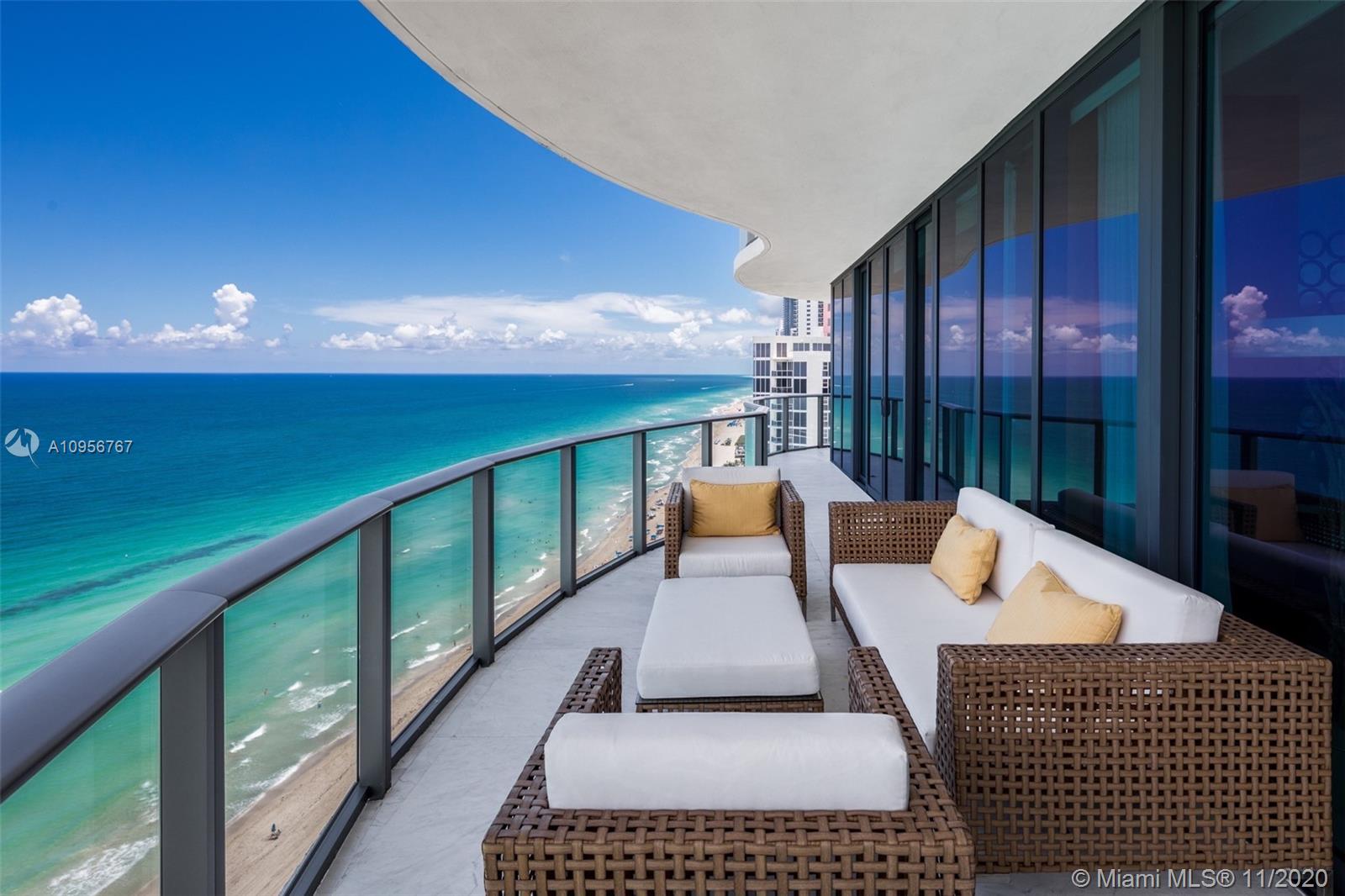Florida Beachfront Condos For Sale Under 100K – The items placed for sale are not merely commodities; they are often vessels of memories, symbols of past achievements, or representations of something bigger than the price tag they carry. Most new items, particularly electronics, are designed with built-in obsolescence. Many sellers of second-hand electronics offer refurbished items, which have been inspected, repaired, and restored to a like-new condition. Whether through local thrift stores, online marketplaces, or garage sales, the option to buy pre-owned items has created a flourishing market that continues to grow. A piece of furniture, for instance, may hold sentimental value simply because it’s been in the family for generations. With the rise of e-commerce, the accessibility of quality goods for sale has expanded exponentially. Whether it’s a rare collectible, a discontinued item, or a vintage piece of clothing, online platforms offer a global marketplace where buyers and sellers can connect over products that may not be easily found elsewhere. The very notion that everything can be bought and sold creates a society where inequality is not just accepted, but ingrained in the very structure of the economy. The rise of minimalist living, which emphasizes owning fewer, more meaningful possessions, has played a role in this shift. While many artists and creators are forced to sell their work in order to make a living, there is still a sense of purity in the act of creation. The notion suggests a world where anything and everything, regardless of its intrinsic value, can be bought, sold, or traded. These goods aren’t just products; they are symbols of craftsmanship, heritage, and pride. Conversely, periods of economic growth may lead to more businesses being sold due to increased valuations and higher demand. It’s a small but significant way to make a positive impact on the planet, especially when one considers the volume of waste generated by fast fashion, electronic waste, and disposable goods. In conclusion, second-hand goods for sale represent more than just a financial transaction; they embody a shift toward sustainability, individuality, and social responsibility. People are increasingly looking for quality over quantity, preferring items that are durable, timeless, and well-made. When people buy second-hand items, they are extending the life cycle of those goods, which means fewer products end up in the trash. The story behind the item becomes part of its value, adding an emotional dimension to its physical form. A home, a car, a piece of jewelry, a moment in time, a relationship — all of these things, at some point, become commodities. Whether someone is looking to sell their business as part of a strategic decision or to retire, or whether a potential buyer is seeking an opportunity to invest in an established company, the process of buying and selling businesses is a common yet intricate part of the global economy.

Surfside Condos Clearwater Beach For Sale at Harold Carson blog
Virtual 3d tours of homescoming soon listingssimilarly sold homes

South Florida Condos For Sale South Florida Real Estate under100000
Virtual 3d tours of homescoming soon listingssimilarly sold homes

9thFloor Beach Condo at Majestic Beach Resort! Panama City Beach, FL
Virtual 3d tours of homescoming soon listingssimilarly sold homes

Oceanfront Condos in Florida John's Island Real Estate Company
Virtual 3d tours of homescoming soon listingssimilarly sold homes

Beachfront Condos In Tampa Florida For Sale at melvinebyrdo blog
Virtual 3d tours of homescoming soon listingssimilarly sold homes

Beachfront Condos In Tampa Florida For Sale at melvinebyrdo blog
Virtual 3d tours of homescoming soon listingssimilarly sold homes

2Bedroom Daytona Condos under 100K
Virtual 3d tours of homescoming soon listingssimilarly sold homes

Sunny Isles Beach Luxury Condos For Sale
Virtual 3d tours of homescoming soon listingssimilarly sold homes

Gulf Coast FL Beach Homes For Sale 100k300k Provided By Gulf Of
Virtual 3d tours of homescoming soon listingssimilarly sold homes

9841 Perfect Dr 174, Port Saint Lucie, FL 34986 2 Bed, 2 Bath Condo
Virtual 3d tours of homescoming soon listingssimilarly sold homes
Thrift stores often carry a wide variety of goods, from clothing and accessories to furniture, books, and electronics, and each item comes with its own story. When a person decides to sell something, they might weigh the pros and cons, debating whether it’s the right time or whether it’s really necessary to part with what they’ve had for so long. Regardless of the reason, the sale of a business is an event that requires careful planning, transparent communication, and strategic negotiations. The practice of buying and selling second-hand items has been around for centuries, but in recent years, it has seen a resurgence. In a world dominated by fast fashion, disposable electronics, and mass-produced items, many people are beginning to question the value of constantly purchasing new products. In conclusion, the market for second-hand goods for sale is an ever-growing and dynamic space that offers numerous benefits to both buyers and sellers. Influencers sell their attention, their opinions, their lives — all of it has become a form of commerce. Our emotional lives, our personal narratives, and even our deepest fears have been monetized. Despite the many advantages of buying and selling second-hand goods, there are some challenges that both buyers and sellers must navigate. Thrifted clothing, vintage furniture, and pre-owned electronics are often seen as more authentic and unique than brand-new, mass-produced items. Sellers can list items with detailed descriptions and high-quality photos, giving potential buyers a clear understanding of what they are purchasing. Buyers can often filter search results by price, condition, and location, making it easier to find the best deals. These platforms allow buyers to browse listings, access detailed business profiles, and initiate contact with sellers, all from the comfort of their own home. Online platforms such as eBay, Craigslist, and Facebook Marketplace have made it easier than ever for individuals to sell their unwanted items to a global audience. It carries with it a deep sense of commodification — the idea that every part of our lives, every piece of our history, every corner of our existence, has a price attached to it. In recent years, the market for businesses for sale has been affected by several global and local economic factors. For environmentally conscious consumers, buying second-hand is not just a cost-effective choice, but a way to make a positive contribution to the planet. While some people may be hesitant to purchase pre-owned electronics due to concerns about quality or reliability, the second-hand market for electronics has become increasingly trustworthy. The closing process also involves transferring the business’s assets, such as inventory, property, intellectual property, and customer contracts, to the new owner. When consumers buy these goods, they are investing in both the product and the people behind it.
This shift in mindset has contributed to a growing acceptance and even celebration of second-hand shopping, making it a mainstream activity that is not just about saving money but about making more thoughtful and responsible choices. Many online platforms also allow buyers and sellers to leave feedback and reviews, helping to build trust and credibility in the transaction. People are not just looking for things that work well; they want products that elevate their environment and their experiences. But the financial aspect is only one part of the equation. Some businesses are sold because the owner is ready to retire, while others might be sold due to financial difficulties or changes in the owner’s personal or professional life. Second-hand goods for sale have become an integral part of today’s economy, a trend that transcends geographic, economic, and cultural boundaries. It doesn’t fall apart after a few uses, nor does it need to be replaced after a season. The idea of being “for sale” also touches on larger cultural and societal themes. Legal experts are often involved at this stage to ensure that the transaction is conducted in compliance with all relevant laws and regulations. But is this a reflection of reality? Or is it an illusion we’ve created, an idea we’ve accepted in order to make sense of a world that increasingly revolves around consumption and profit?
At the core of this idea lies the assumption that everything, no matter how unique or rare, can be exchanged. The idea that everything has a price, and that everything is for sale, may seem like a grim outlook, but it’s one that has become increasingly true. From designer labels to quirky, eclectic finds, second-hand clothing offers a wealth of variety and style at a fraction of the price of new items. Social media platforms, for example, offer users a chance to buy into their own identity, to curate a version of themselves that is more appealing, more desirable, more marketable. For sale, it seems like a simple phrase, yet it carries with it an array of possibilities, emotions, and decisions that can shape someone’s life. In the realm of real estate, for instance, selling a house is often an emotional and logistical challenge. For example, an old wooden chair might be sanded down and refinished into a modern piece of furniture, or a vintage dress might be altered to fit a contemporary style. In this digital age, it often feels like there’s no such thing as privacy anymore, and that’s because we’ve essentially agreed to sell pieces of ourselves in exchange for recognition, affirmation, or even money. The truth is that the idea of quality is deeply rooted in the philosophy of craftsmanship, heritage, and trust, which explains why certain items, often categorized as quality goods, tend to be prized more than others, even when they may come with a higher price tag. When a person decides to sell something, they might weigh the pros and cons, debating whether it’s the right time or whether it’s really necessary to part with what they’ve had for so long. In a world where everything is for sale, it’s easy for the vulnerable and the marginalized to be taken advantage of.